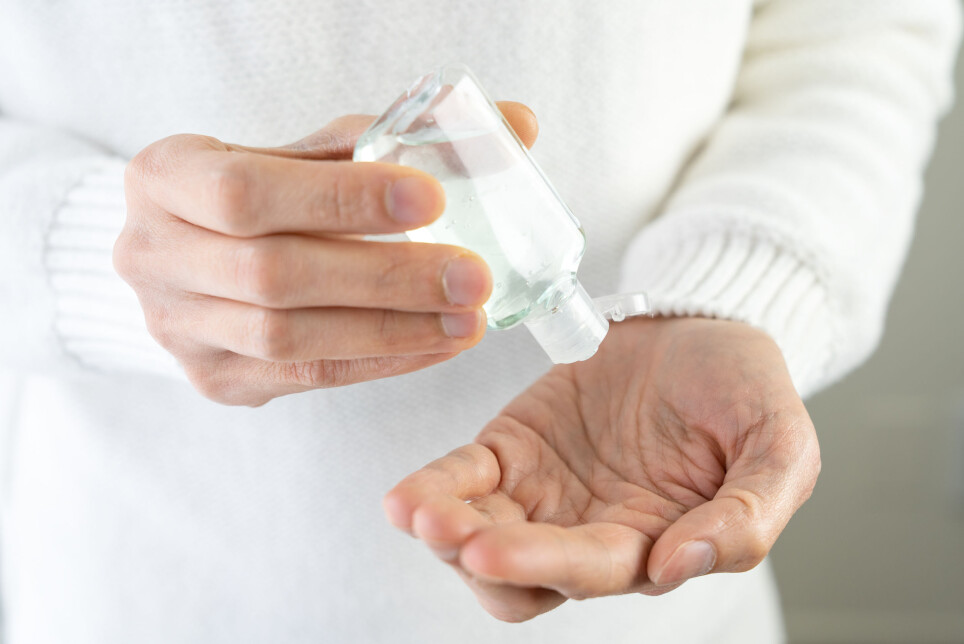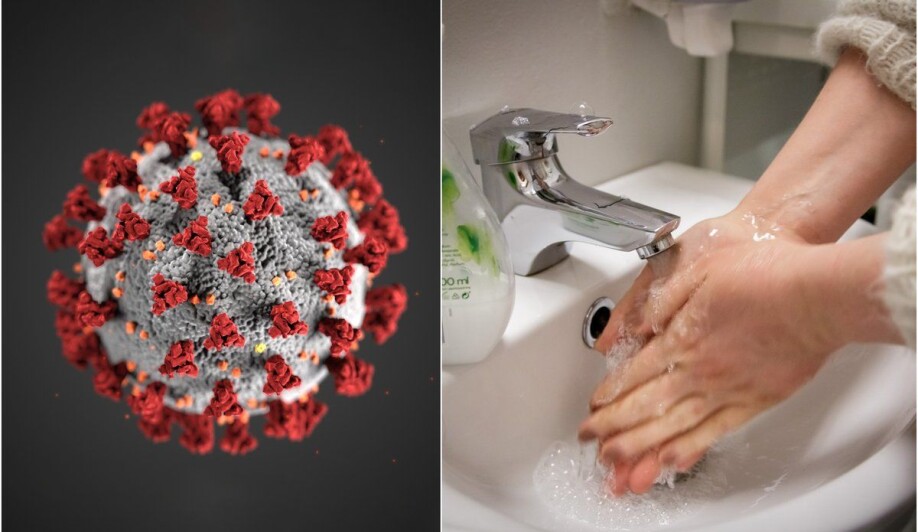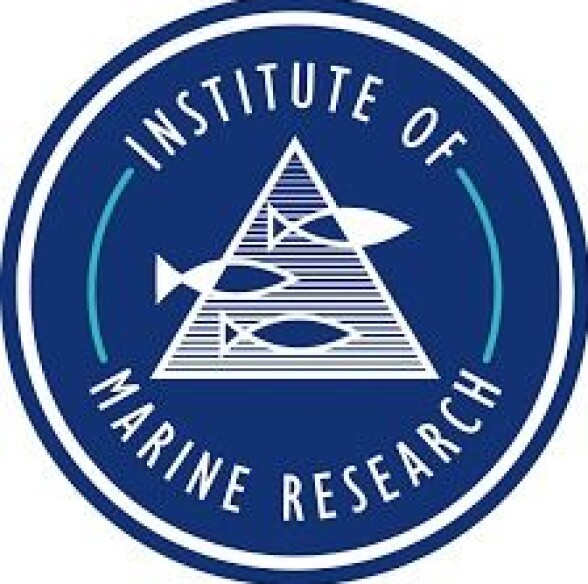THIS ARTICLE/PRESS RELEASE IS PAID FOR AND PRESENTED BY the Institute of Marine Research - read more

Covid-19: Why does hand sanitizer and hand-washing work?
“The common hand sanitizers work only on certain types of virus, including coronaviruses,” explains Mette Myrmel, a virologist at the Institute of Marine Research.
“The Covid-19 virus has a fatty coating, a so-called lipid envelope, a membrane which it ‘puts on’ when it leaves our cells. Alcohol based hand sanitizer dissolves this envelope, destroying the virus,” says Myrmel.
Common diarrhea virus survives longer outside our bodies
Viruses with this kind of fatty coating remain active in the environment, in other words outside a host, for less time than other types of virus such as the norovirus, a common cause of food poisoning or diarrhea.
“Hand sanitizer doesn’t work against noroviruses. They can remain active on surfaces for several weeks, particularly if it is cold and there is little sunlight (UV radiation). This makes noroviruses exceptionally contagious,” says Myrmel.

Hand-washing physically removes nasties
This leaves hand-washing as the only solution. But how does hand-washing really work? Microbiologist Bjørn Tore Lunestad explains:
“It works because the soap binds to fat and dirt on our skin, dissolving it. When you rinse it off, the viruses and bacteria go too. They are mechanically removed from your hands. For coronaviruses, the soap also destroys that fatty coating,” explains Lunestad.
“Is having naturally dry hands an advantage?”
“If thousands of people have touched a surface, they will have left behind fat on it, and potentially virus particles, which you get on your hands if you touch the surface. I don’t think it makes any difference how much fat there is on your hands previously.”
“Warm water also dissolves fat and makes the soap more effective. The water temperature isn’t high enough to kill bacteria and viruses by itself.”
You cannot "kill" viruses
“Actually, I prefer to say that viruses are destroyed or inactivated – not killed. After all, they aren’t living beings,” adds Lunestad.
At the very least, it’s arguable, from a linguistic and philosophical point of view.
“Viruses don’t have any will; they are advanced chemistry. Some people call them rogue genetic material. They are dependent on the cells of other organisms to reproduce, or rather replicate themselves,” he explains.
Viruses destroy our cells
Viruses generally prefer one type of cell in one type of host. When the virus comes into contact with the 'right' type of cell and is taken up by it, the virus takes over the cell and instructs it to make new virus particles. In this process, the cell is destroyed. We develop symptoms if enough cells are destroyed.
"So do as the health authorities says: Wash your hands thoroughly and for plenty of time, or use hand sanitizer when that’s not an option,” is the scientists' advice.
See more content from the Institute of Marine Research:
-
These whales have summer jobs as ocean fertilisers
-
Have researchers found the world’s first bamboo coral reef?
-
Herring suffered collective memory loss and forgot about their spawning ground
-
Researchers found 1,580 different bacteria in Bergen's sewage. They are all resistant to antibiotics
-
For the first time, marine researchers have remotely controlled an unmanned vessel from the control room in Bergen
-
New discovery: Cod can adjust to climate change – from one generation to the next





































